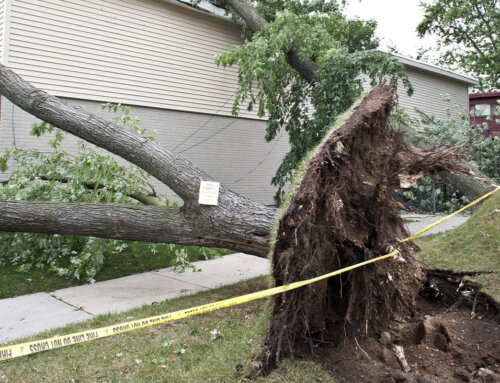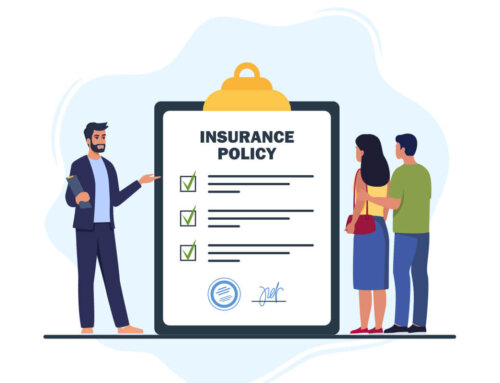Every business owner, whether the proprietor of a storefront or CEO of a small to mid-sized firm, questions to what extent their enterprise is ‘covered’ in the event they need to file an insurance claim. In this posting, Grillo & Associates, as leading brokers of commercial insurance on Long Island, want to define the breadth of commercial insurance for the regional business community. Let’s begin with an overview of what commercial insurance actually encompasses.
It’s a given: every business owner wants and needs to protect their business interests. The goal is to carry sufficient coverage to protect any business from unpredictable events that could threaten your livelihood. Commercial insurance for Long Island businesses has been designed to protect everyone and everything associated with your business. These can include protection for employees should they or anyone else be injured while on your premises. Another example is to protect your firm should a disaster strike (such as a major storm, fire, or flood). Business interruption coverage will take care of temporary quarters, so you can keep in operation, therefore productive, to remain solvent.
Depending on the type of business you have, where it is located, and the type of facility (office, warehouse, or manufacturing), there are likely to be other company-related risks. The Grillo & Associates team will listen to your needs and recommend the policies that will work specifically for your business. Commercial insurance for Long Island businesses, especially, is never ‘one size fits all.” Still another consideration for those reviewing their commercial insurance options, is that in many towns, villages, counties, and even states, certain types of commercial policies are required by law. So it is very important to be aware of these mandates, and if required, for business owners (especially sole proprietors) to bridge this gap at once to avoid fines and more serious ramifications.
When you meet with our team, Grillo & Associates wants you to understand key insurance terms. We’ve defined these important terms, the key to every insurance policy, so you’ll be up to speed with the basics as we discuss your business’s unique needs, and why these coverages are so important:
Premiums
This monetary amount represents the total cost your company pays to an insurer for coverage. Generally, premiums are paid in monthly or bi-monthly increments. For some firms, however, the annual premium is paid upfront in total.
Deductible
This amount, in dollars, represents the amount an individual is responsible for before insurance will ‘cover’ additional expenses. For example, if your policy’s deductible is $2,500 that is the amount that must be covered by the business owner when filing a claim to receive coverage.
Policy Limits
This monetary amount is the ceiling or maximum dollar amount your insurance company will cover for a claim.
Exclusions
These represent events or causes of asset losses as listed in an exclusions list on your policy. Any instance mentioned on the list will not be covered by your insurance company. These exclusions typically relate to events or losses that are caused by poor maintenance practices, or items that might also be covered under other policies.
Now that you know basic insurance terms, the next step is to contact our team to schedule your consultation. Be aware that the best answer to the question, “What is Covered by Commercial Insurance?” is “What would you like to protect?” That’s what needs to be covered by your business’s commercial insurance policy. The insurance professionals at Grillo & Associates have assisted thousands of business owners to obtain the policies their company requires to maintain their enterprise, to provide coverage for their employees, facility, inventory, and assets from unforeseen events. Commercial insurance helps business owners to remain in business, whatever contingency may develop. Make certain your business is adequately protected.
Contact Grillo & Associates to discuss commercial insurance for Long Island companies today






